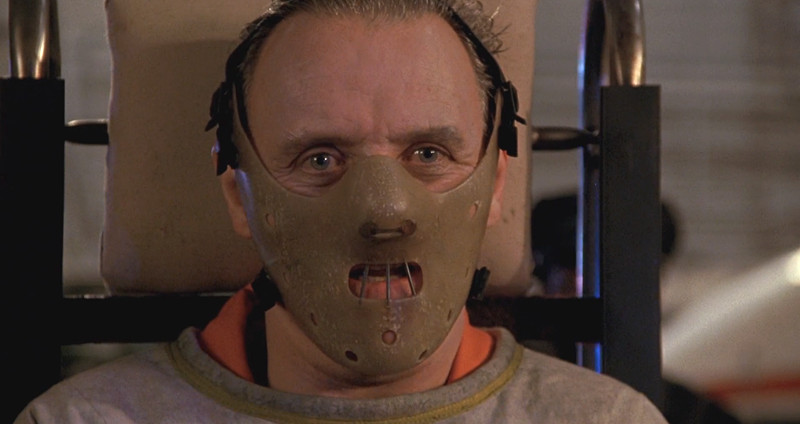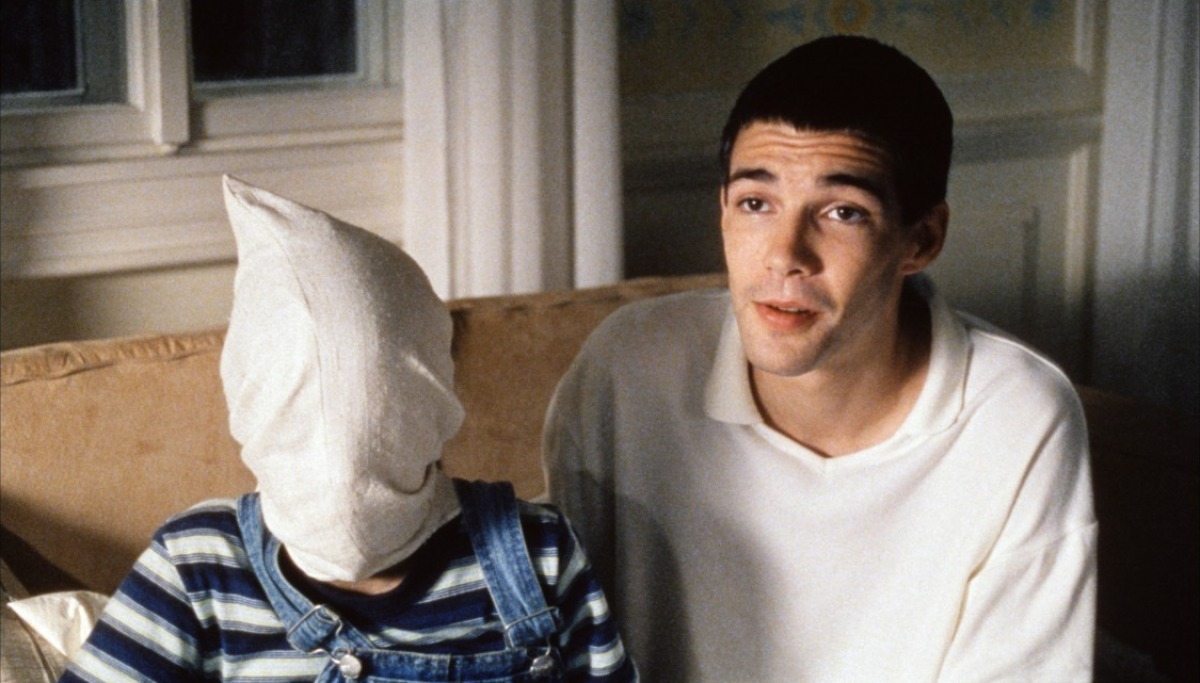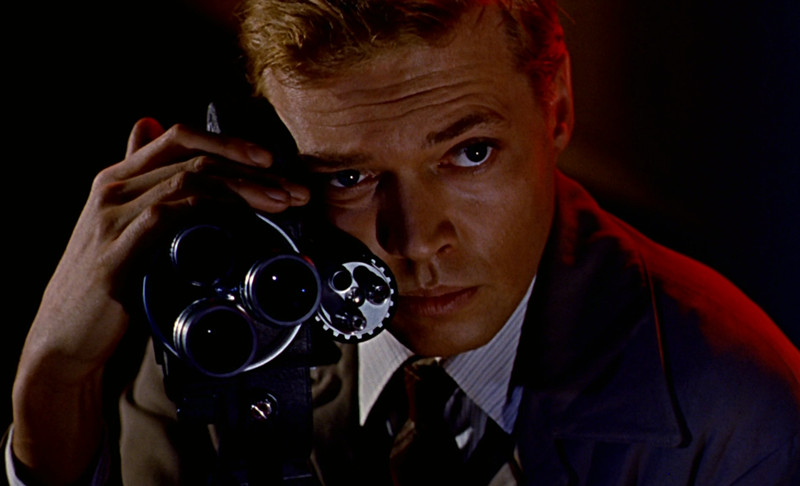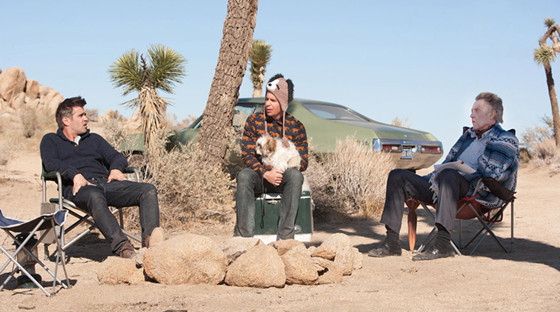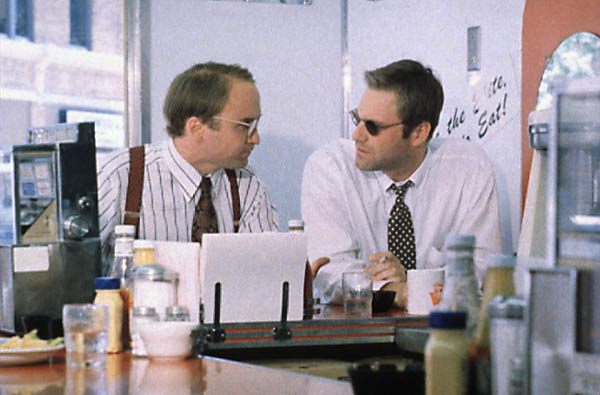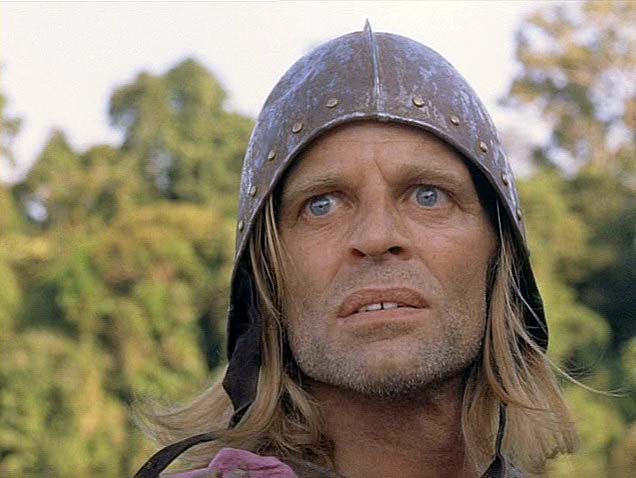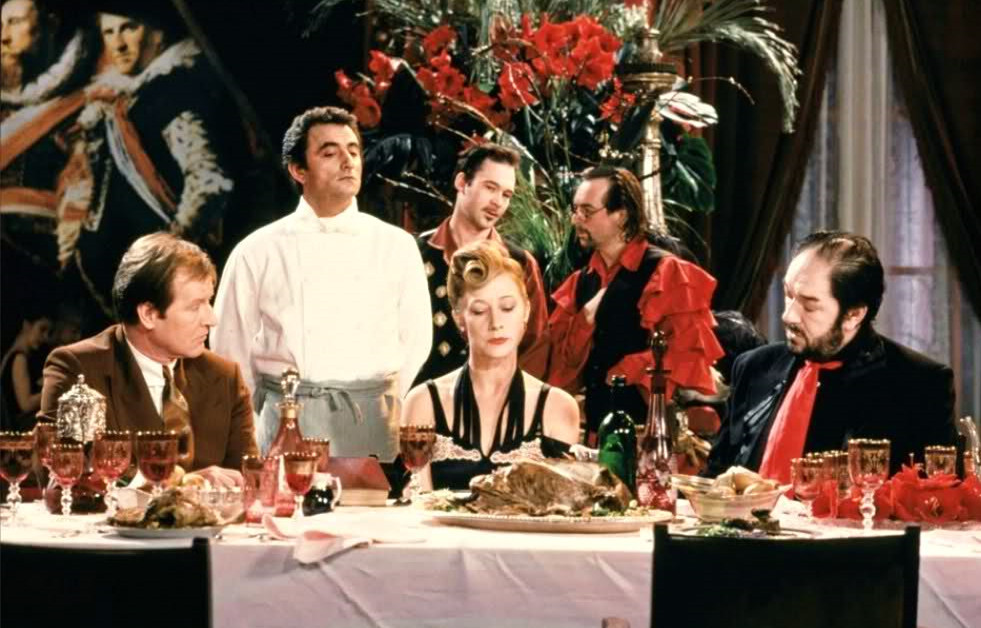What is a psychopath? The word gets thrown around so casually these days that it’s nearly lost all meaning. Rather than being synonymous with “crazy” or “evil,” however, the term refers to a specific cluster of personality traits coupled with distinct patterns of antisocial behavior.
It is not listed in the current version of the DSM (Diagnostic and Statistical Manual of Mental Disorders), the closest recognized diagnosis being antisocial personality disorder, but it is a very real and documented condition. Renowned Canadian psychologist and psychopath expert Dr. Robert D. Hare has codified the prevailing features in his Psychopathy Checklist (PCL-Revised), which lists some of the following characteristics:
- Lack of empathy
- Lack of remorse or guilt
- Impulsivity
- Superficial charm
- Shallow emotions
- Grandiose sense of self-worth
- Irresponsibility
- Manipulative behavior
- Early behavioral problems
A similar term is “sociopathy,” which is – though its subtle differences with psychopathy continue to be debated between social scientists and psychologists – for all intents and purposes, pretty much the same thing. Not all criminals are psychopaths (although many are, including a disproportionate number of prison inmates), and not all psychopaths become criminals, or are even necessarily violent.
Psychopaths do, however, make up roughly 1% of the American population, so statistically speaking, you’re virtually guaranteed to have met at least a few in your life.
One final word on the definition of “psychopath”: It should not be confused with “psychotic,” which is totally different and entails having lost touch with reality (examples include schizophrenia, delusional disorder, and the rare – but frequently used in fiction – dissociative identity disorder, aka, multiple personality disorder). Unlike psychotics, psychopaths know exactly what they are doing, but either can’t help themselves or don’t care when committing crimes and misdeeds.
Keeping all this in mind, the criterion for this list will be movie characters who exhibit enough psychopathic symptoms to be (non-professionally, admittedly) diagnosed as such. Supernatural villains will be excluded (sorry Michael Myers, Freddy Krueger, Chucky, and the Terminator), as well as those characters who are clearly disturbed but not technically psychopaths (think of the roles played by Glenn Close in Fatal Attraction, Nicolas Cage in Vampire’s Kiss, and Jim Carrey in The Cable Guy).
Most notably, Psycho’s Norman Bates is NOT a psychopath, but suffers from a bizarre form of psychosis. Ditto for Jack Torrance in The Shining (though his case is definitely a bit more ambiguous).
Obviously, there is no shortage of mental illnesses portrayed in cinema, though the track record for accuracy is questionable. That said, psychopathic characters are often hard to forget, and it’s no coincidence that so many of these characters resulted in acting accolades come Oscar time (see key below).
As an interesting sidenote, it is also worth mentioning that most Disney villains would probably qualify as psychopaths, so in the interests of diversity, none will be represented below. What follows are thirty (or so) of the scariest, craziest, and even at times, funniest, psychopaths in movie history:
*Oscar NOMINATION
**Oscar WIN
30. Funny Games (1997)
The Psychopath: Paul (Arno Frisch)
The more talkative half of the criminal duo that sets the eponymous “games” into motion, Paul’s calm and straightforward demeanor make his contrasting actions all the more sinister.
While the film has been criticized as sadistic, infuriating, and pretentious by its detractors – and alternatively, praised as a brilliant takedown of the mainstream consumption and acceptance of simulated violence as entertainment by its fans – one thing Austrian director Michael Haneke’s polarizing film isn’t, is forgettable.
The provocative, deeply meta-film can perhaps be seen as the final word on the “home invasion thriller,” both functioning as a merciless example of such, as well as being a scathing critique of the subgenre. American actor Michael Pitt (Boardwalk Empire, NBC’s Hannibal) plays Paul in the director’s own shot-for-shot remake made ten years later, but it’s Frisch’s performance in the original that sets the template for the malevolent role.
The character routinely breaks the fourth wall throughout, playing with both the family he’s holding hostage and the audience at the same time. Never is this more chilling than in his silent wink at the camera as the petrified Anna (Susanne Lothar) investigates the fate of the family dog…
Memorable Psychopathic Quote: “You bet us, that tomorrow at 9:00, you’ll be alive, and we bet you, you’ll be dead, okay?”
29. Peeping Tom (1960)
The Psychopath: Mark Lewis (Carl Boehm)
Extraordinarily controversial when it came out in the UK, Michael Powell’s Peeping Tom is the only film on this list that effectively cost its director his career.
Released within months of Hitchcock’s Psycho, it tells the story of Mark, a cinematographer and serial killer who films his victims as he murders them. The film was groundbreaking in its psychological exploration of its complex protagonist, a man who is keenly aware of the depravity of his behavior and seeks to understand it, if not overcome it.
In addition to being a thoughtful character study, the movie also works as a bold examination of the concept of voyeurism, uncomfortably implicating the viewer. This was likely part of what turned off so many, though of course, the film’s reputation has undergone a dramatic transformation over the years.
Effusively lauded by such icons as Martin Scorsese and Roger Ebert, the film is today considered a masterpiece. Granted, it’s not as outright entertaining as Psycho or Rear Window (both of which also deal with voyeurism), but it was unquestionably ahead of its time, both prescient and a clear influence on future thrillers.
Memorable Psychopathic Quote: “Do you know what the most frightening thing in the world is? It’s fear.”
28. Seven Psychopaths (2012)
The Psychopath: Billy Bickle (Sam Rockwell)
As the title suggests, there are plenty of characters who qualify as psychopaths in this black comedy, written and directed by Martin McDonagh (In Bruges). That said, it’s Sam Rockwell who steals the show. His amoral character (who shares a last name with a certain Scorsese anti-hero) is a struggling actor who concocts a dog-napping scheme while trying to help his friend (Colin Farrell) finish his screenplay, “Seven Psychopaths.”
The film is heavily self-reflexive, satirizing Hollywood clichés while delivering enough stand-offs, shoot-outs, plot twists, and over-the-top violence to satisfy everyone. Christopher Walken, Woody Harrelson, and Colin Farrell all deliver expectedly terrific performances, but Rockwell, whose character’s true nature and motivations don’t become clear until the end, gets the funniest lines and leaves the most lasting impression.
Memorable Psychopathic Quote: “I didn’t mean to break his nose. His nose was just in the middle of where I was punching.”
27. In the Company of Men (1997)
The Psychopath: Chad (Aaron Eckhart)
A striking example of a non-violent psychopath, Chad is scary because of just how normal he seems. It’s his idea that gives the movie its simple and horrifying premise: He and his co-worker friend, Howard (Matt Malloy), will simultaneously date and seduce the same vulnerable woman, then dump her at the same time. Incidentally, their target (Stacy Edwards) also happens to be deaf.
Their plot is unspeakably cruel, of course, but there’s more to it than meets the eye. As they proceed, we see it create more than one victim, as the bitter but otherwise passive and more relatable Howard begins to actually fall for the woman.
This is easily one of the hardest films to watch that doesn’t contain any violence or gore, as evidenced by the MPAA’s R-rating “for language and emotional abuse.” It’s a reminder that some psychopaths get off on causing mental rather than physical anguish, and we watch, stupefied, as the grinning, heartless monster played by Eckhart goes about his methodical plan to destroy a complete innocent.
It’s the kind of character writer/director Neil LaBute has made a career out of exploring, and while some may balk at the film’s apparent misogyny, it’s actually a condemnation of such pervasive and harmful attitudes.
We all know guys like Chad, unfortunately. But if you think you couldn’t hate him any more than you do while watching the film, just wait for the final revelation at the end – a twist that, unbelievably, propels the character to an even greater level of unconscionable evil.
Memorable Psychopathic Quote: “Let’s do it. Let’s hurt somebody.”
26. Ichi the Killer (2001)
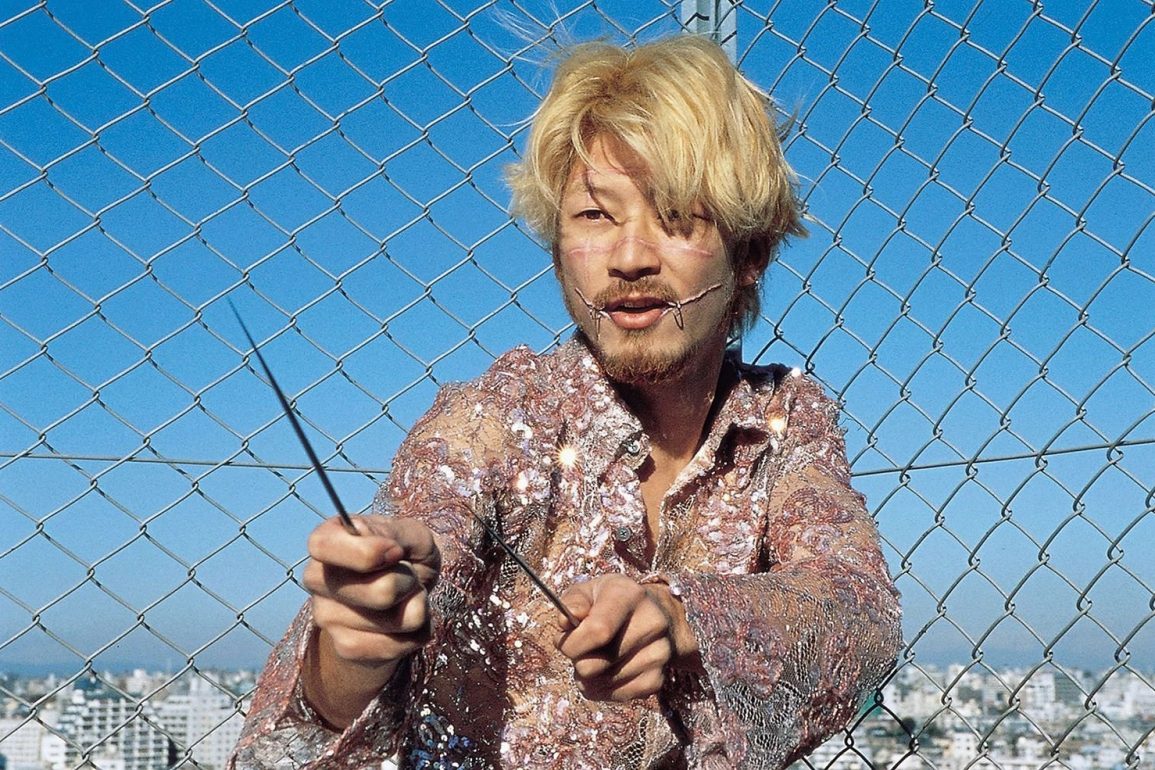
The Psychopath: Kakihara (Tadanobu Asano)
To say that Ichi the Killer is a little violent would be an understatement. Takashi Miike’s adaptation of Hideo Yamamoto’s manga series is so graphic and explicit that it’s been banned in a handful of countries (never mind that the tone is more cartoonish than serious).
The plot involves a yakuza gang war, centering around the intensely sadomasochistic Kakihara, his search for his missing boss, and the incredibly lethal but mysterious man known only as Ichi (the Japanese word for “one”).
The title is a bit misleading, as Kakihara is the real protagonist. With a modified jaw that would make the Joker wince, he elevates the act of physical torture to an art form (the tempura oil and meat hooks scene being just one of many examples).
He dreams of one day meeting his match, hoping that Ichi will be the one who can both inflict and endure pain like him. He is, needless to say, a textbook psychopath, while his nemesis is, in some ways, much more damaged – confused, manipulated, and yes, very, very deadly.
Whether all this sounds appealing or not is up to the viewer – the film is definitely not for everyone. That said, the violence is so extreme that it becomes almost ridiculous, distinguishing the film from others in the genre (which is really more action than horror).
When barf bags are handed out at screenings, as happened with this film at festivals in Toronto and Stockholm, you know you’re in for something unique. It’s a weird, crazy, enjoyable ride… provided you have the stomach for it.
Memorable Psychopathic Quote: “Listen, when you’re giving pain to someone, don’t think about the pain that person is feeling. Just concentrate on how good it feels to be causing someone pain. That’s the best thing you can do for a true masochist!”
25. Aguirre, The Wrath of God (1972)
The Psychopath: Don Lope de Aguirre (Klaus Kinski)
Based on a real person – a 16th century Spanish conquistador who explored the Amazon in search of the mythical city of El Dorado – Aguirre is basically the definition of a megalomaniac. After staging a mutiny, the power-hungry Aguirre takes charge of an already dwindling crew, steering them further down the river and toward their inevitable ruin.
The behind the scenes stories of the film’s production only make it more remarkable in retrospect, as writer/director Werner Herzog frequently clashed with Kinski over the interpretation of the main character – fighting that escalated beyond tantrums and into death threats (despite everything, the two later collaborated on four more projects).
The difficulty of the film shoot, which took place on location in the jungles of Peru, likely resulted in performances that were even more authentic. The intensity of Kinski’s crazed eyes in the final scene is particularly haunting, and earns his character a deserved spot in the annals of cinematic madmen.
Opening to acclaim and today considered a classic, the film – an acknowledged influence on Apocalypse Now – is required viewing for any serious fan of world cinema.
Memorable Psychopathic Quote: “I am the Wrath of God. The earth I walk upon sees me and quakes.”
24. The Cook, the Thief, His Wife & Her Lover (1989)
The Psychopath: Albert Spica (Michael Gambon)
In this highly symbolic black comedy art film from British writer/director Peter Greenaway, Michael Gambon absolutely appalls as the metaphoric “thief” of the title. A despicable, disgusting oaf and also a hot-tempered gangster, Albert purchases a classy French restaurant, then subjects his guests, who are either too loyal or fearful to leave, to his inane and ignorant rants on a nightly basis.
He’s the sort of man who genuinely believes he’s cultured and refined when he’s actually anything but, and its not long before his vicious and nasty behavior drives his wife (a fearless Helen Mirren) to begin an affair with a kind bookshop owner (Alan Howard).
Greenaway pulls no punches, and if it weren’t for the handful of shocking scenes that punctuate the first half of the film, the later plot points involving torture, murder, and ultimately, cannibalism, would seem out of place.
Intended as a trenchant satire on Thatcherism, the film’s effect would be muddled without the larger-than-life presence of a bravura villain, a challenge that Gambon tackles with relish. He makes Albert not just a petulant bully, but a scary one – an achievement all the more impressive in light of his work years later as the beloved Professor Dumbledore in the Harry Potter films.
Memorable Psychopathic Quote: “I think those Ethiopians enjoy starving. Keeps them thin and graceful.”
